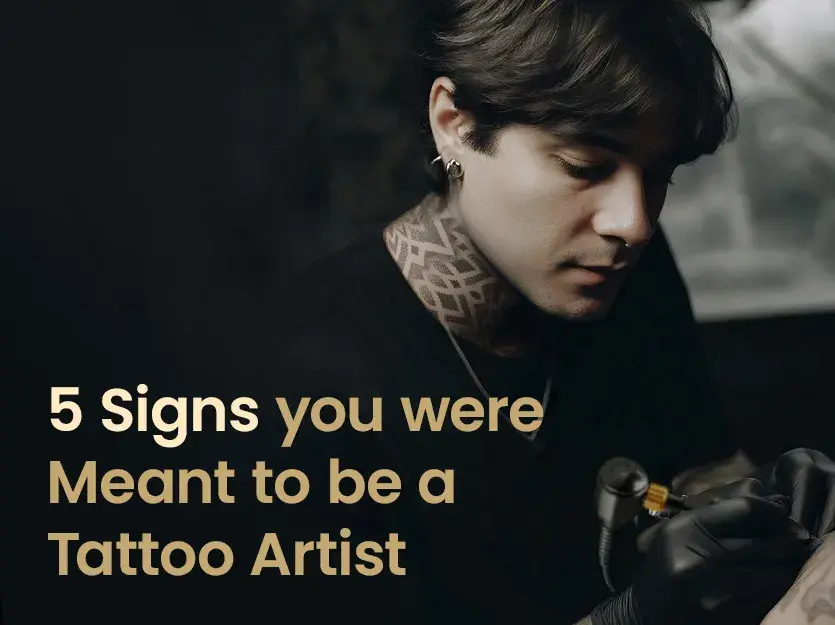The Tattoo Industry Wasn’t Built for Women. So They Rebuilt It.
- Aliens
- Jul 2, 2025
- 3 min read

There was a time when tattoo studios across the world echoed the same energy — dark walls, rough conversations, a hyper-masculine vibe that made it feel more like an underground club than an art studio. Tattooing was dominated by men and carried with it a stereotype: rebellion, crime, addiction. Not exactly a space women were welcomed into.
But that never meant women didn’t belong there.
Tattooing is a form of art, one that demands care, patience, empathy, storytelling, and human connection. And in every one of those aspects, women have brought a powerful new dimension to the industry. Not by adapting to its masculine mold, but by reshaping it completely.
Across the globe, women are reclaiming space in tattooing. Not just as participants — but as leaders, educators, innovators, and cultural change-makers.
Breaking into a Male-Dominated Industry
For decades, tattooing wasn’t seen as a “viable” profession for women — especially in countries like India, where societal norms restricted artistic careers and physical spaces were often unwelcoming. Even globally, female tattoo artists had to fight for visibility and respect in an industry that rarely offered them either.
Studios weren’t built for them. Clients didn’t trust them. Families didn’t support them.
And yet, they walked in.
They trained.
They persevered.
And they changed the game.
Women Are Redefining What Tattooing Means
Tattooing is not just about creating art. It’s about translating deeply personal stories into something permanent. It requires emotional depth, listening, and sensitivity — qualities that women have brought into the studio with tremendous impact.
Today, clients across genders choose female tattoo artists not just for comfort, but for the emotional and artistic quality of their work. Women have proven that they don’t just belong in tattooing — they elevate it.
Global Icons Who Changed the Game
Ryan Ashley (US)- known for her ornamental work
Kat von D (Mexico)- famous for photo-realistic portraiture and celebrity clientele
Eva Krbdk (Turkey) – famous for her delicate miniature tattoos.
Valentina Riabova (Russia) specializes in realistic work, mainly color, combined with a massive blackwork
And from India:
Dipti Chaurasiya – one of the first Indian women to win an international award for tattooing.
Sakshi Panwar – a rising name in dotwork and sacred geometry.
Shivani Adhikari- leading the blackwork movement with precision and vision.
Junekha Jacob- explores styles like abstract, line art, and blackwork, translating emotions into ink
These artists aren’t just breaking into the scene — they’re setting the new standard.
How Aliens Tattoo School Is Championing This Change
At Aliens Tattoo School, we believe the future of tattooing must be inclusive, empowered, and talent-first. But belief isn’t enough — action is what drives change.
We’ve taken a conscious oath to ensure a minimum of two female artists in every Aliens Tattoo studio. This isn’t a quota — it’s a commitment to representation, mentorship, and opportunity.
To create that future, we’ve launched:
Scholarship programs dedicated to supporting talented women artists from all backgrounds.
Outreach initiatives in colleges, art communities, and underserved areas to identify and encourage female talent.
A growing female alumni network, including rising stars like Grishita, Sakshi, and Junekha — who’ve transformed their lives and careers through our programs.
When we first began, less than 2% of our student body identified as female. Today, 20% of all aspiring artists at Aliens Tattoo School are women — and that number is only rising.
We're not just teaching tattooing.
We're building futures.
We’re opening doors.
And we’re actively shaping an industry that reflects the diversity and brilliance of the world around it.
To Every Woman Reading This
If you’ve ever wondered if this space was for you — it is.
If you’ve ever felt the urge to create, to express, to hold space for someone else’s story — this might be your calling.
The tattoo industry wasn’t built for women. But now, it’s being rebuilt by women.
Not with permission. But with purpose.
And the best part? This is just the beginning.









Such an insightful Truly fascinating! For more tattoo inspiration, check out Inkmadd tattoo.